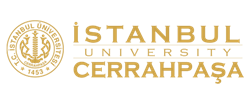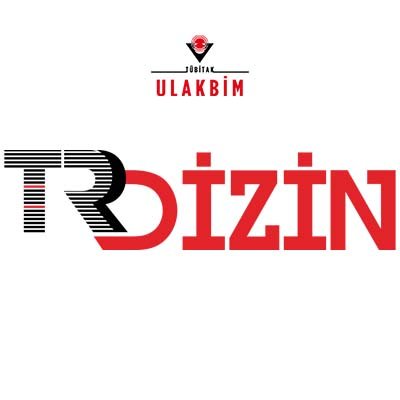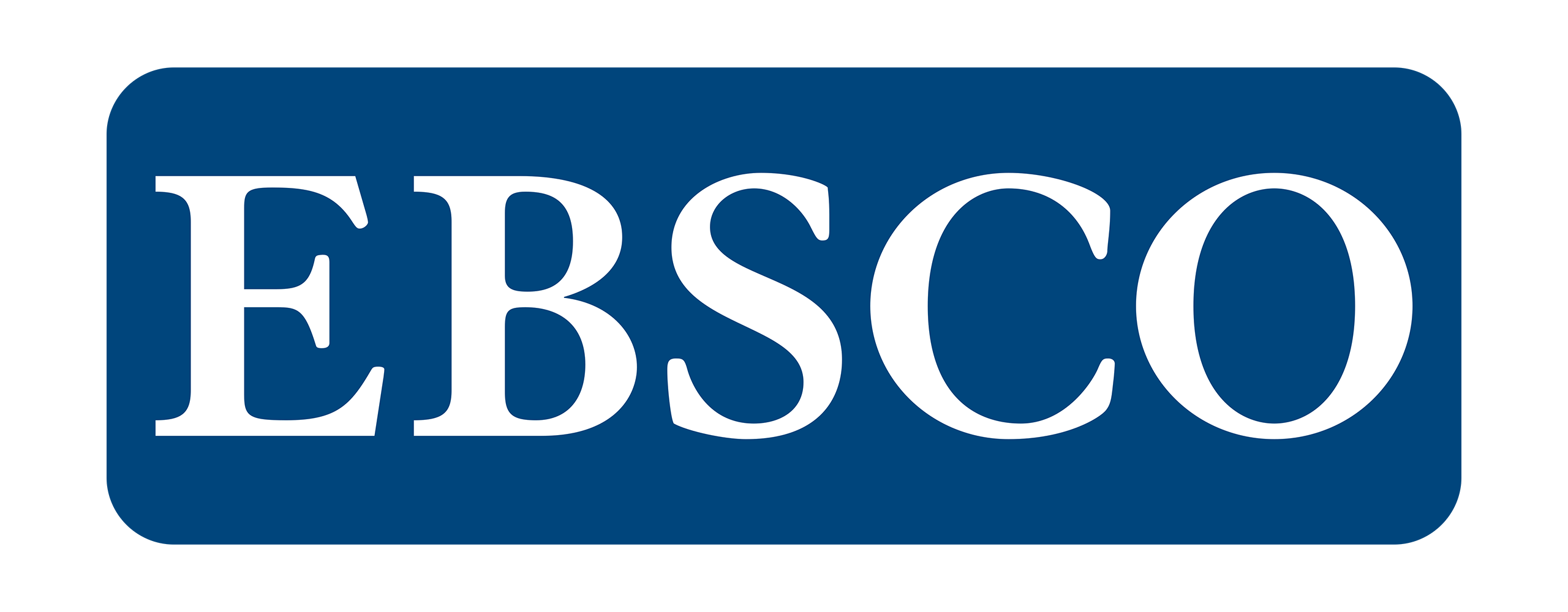The purpose of this study is to investigate theeffect of different exercise training on sportive performance in autisticchildren. Fourty autistic children were included in this study.. he average valuesof the autistic children have been determined as; Age; 6.44+-1.10 yrs, autism level ;53.97+- 21.56, height;108.23 +-13.07 cm,weight;26.31+-5.89kg. In all cases, Bruininks-Oseretsky Motor Competence est evaluations were conducted. Skillexercises have been applied by using “gradually reducing cluestechnique”, which is one of the mistake free learning methods, for 8 weeks,3days/week and 45 minutes/day. When pre andpost-training result of the both groups have been compared, a significantp<.001 level difference had been found between the Balance-MotorAbility est and Physical Fitness est results. Mentioned difference wasin favour of the pre-test. After the group applications, as the ability test got harder, theperformances were dropped significantly. However, after the training,the sportinve performanceof the cases in the group increased by 60%. After the study it has beendetermined that the sportive performance of the exercise programme increases the physicalfitness. It has been determined that these exercises also have a positiveeffect on reducing stereotyped behaviors. Considering the autism in our country, thenumber of children with special needs diagnosed with learning disabilities andthe inadequacy of these children's opportunities to participate in physicalactivity, sport physiotherapists with different disciplines involved inspecial education specializations should plan and organize more activities thatwill allow them to do exercise and sports.


.jpg)


.png)


